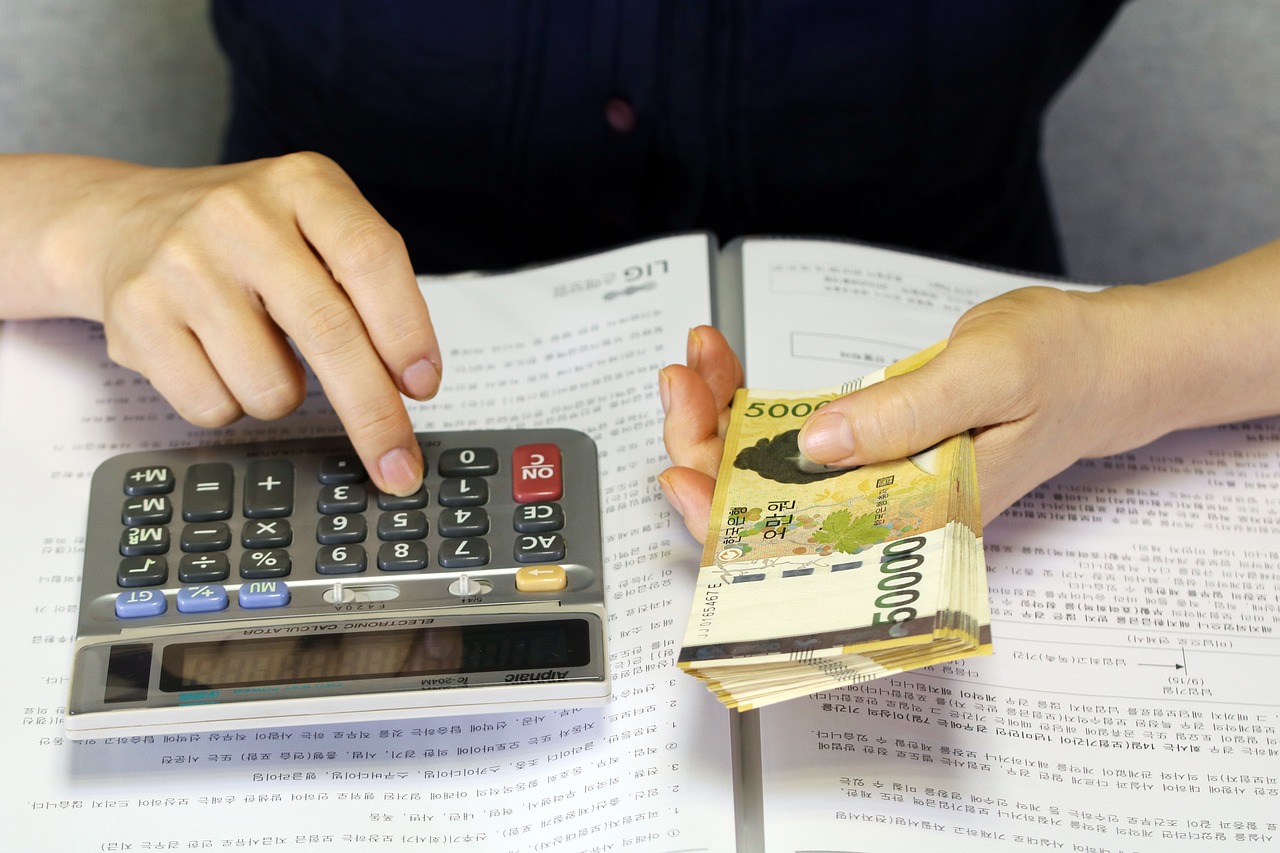How to Transfer Money to Germany: Costs, Fastest Methods, Crypto, Tracking, Western Union, Cancellation, and Required Documents
GPT_Global - 2025-09-16 20:00:37.0 250
Is there a way to transfer money to Germany without a bank account?
Transferring money to Germany without a bank account is possible through several convenient alternatives. Whether you're sending funds to a family member, friend, or business, remittance services offer flexible options that don't require a traditional bank account.
One of the most popular methods is using online money transfer services like PayPal, Wise (formerly TransferWise), or Western Union. These platforms allow you to send money to Germany using just an email address or mobile phone number, bypassing the need for a bank account. The recipient can receive funds directly to their mobile wallet or collect cash from a local agent.
Additionally, some remittance services offer options like prepaid debit cards. You can load funds onto these cards and send them to the recipient, who can then use them for purchases or withdraw cash at ATMs in Germany. These services are fast, secure, and offer competitive exchange rates.
To ensure a smooth transfer, it's important to choose a trusted service that provides secure transactions and transparent fees. Whether it's for personal or business purposes, transferring money to Germany without a bank account has never been easier.

Do German banks charge the recipient for incoming international transfers?
When sending money abroad, many people wonder whether German banks charge the recipient for incoming international transfers. The answer depends on the transfer type, bank policies, and the chosen payment method. In general, German banks follow SEPA (Single Euro Payments Area) rules for euro transfers within the EU/EEA, meaning these transfers are often free or involve minimal fees. However, for non-SEPA international transfers, charges may apply to either the sender, the recipient, or both.
Recipients in Germany may face incoming fees if the transfer comes from outside the EU or is sent in a foreign currency. Banks such as Deutsche Bank, Commerzbank, and Sparkasse may deduct a flat fee or a percentage of the amount, reducing the final credited balance. These costs vary and can be influenced by the transfer option selected, such as SHA (shared charges), OUR (sender pays all), or BEN (recipient pays all).
To avoid unexpected deductions, it’s essential to compare bank fees with online remittance providers. Many digital money transfer services offer transparent pricing, mid-market exchange rates, and no recipient fees. This makes them a cost-effective solution for families, freelancers, and businesses sending money to Germany.
What’s the fastest online service to transfer money to Germany?
When it comes to sending money to Germany quickly, choosing the right online service is key to a smooth and fast transaction. With a range of options available, it can be challenging to determine which one delivers the best speed and security. One of the fastest services for remittance to Germany is Wise (formerly TransferWise). Known for its quick transfer times, Wise typically completes transactions within a few hours, depending on the payment method and transfer amount.
Another fast and reliable option is PayPal, which offers instant transfers when sending funds to Germany using linked accounts. However, PayPal may charge higher fees compared to other services, especially for currency conversion.
If you need a service that combines speed with low fees, Revolut is a great choice. Revolut provides quick transfers with competitive rates, though it may require an account setup beforehand. Finally, for those looking for a global solution, Western Union offers rapid transfers to Germany, with options for both online and in-person pick-up.
In conclusion, whether you choose Wise, PayPal, Revolut, or Western Union, it's essential to compare transfer fees, speed, and ease of use to determine the best service for your needs when sending money to Germany.
Can I transfer money to Germany using cryptocurrency exchanges?
Wondering if you can transfer money to Germany using cryptocurrency exchanges? The answer is yes, but it’s important to understand how it works. Cryptocurrency platforms allow users to convert their local currency into digital assets like Bitcoin or Ethereum, which can then be sent internationally within minutes. Once the recipient in Germany receives the crypto, they can exchange it back into euros through a trusted platform or wallet.
Using cryptocurrency exchanges for remittance has advantages such as speed and lower fees compared to traditional bank transfers. Many people choose this method to avoid delays or high service charges often associated with international money transfers. However, recipients must be familiar with crypto wallets and exchange platforms to successfully convert digital assets into usable funds.
While crypto transfers to Germany are possible, it’s crucial to consider compliance and security. Some exchanges require identity verification and operate under strict regulations to prevent fraud. For those seeking an easier process, specialized remittance providers often integrate cryptocurrency technology while offering customer support and simplified steps. This ensures that sending money to Germany is both fast and secure, whether through crypto or traditional methods enhanced by digital innovation.
How do I track an international transfer to a German bank?
Tracking an international transfer to a German bank can seem like a daunting task, but with the right tools and knowledge, it’s quite manageable. The first step in tracking your remittance is ensuring that you have the transfer details, including the tracking number or unique reference ID. Most banks and remittance services offer a way to check the status of your transfer online.
To track an international transfer to Germany, visit the website of your remittance provider or the sending bank. Enter your unique reference number into the tracking section to view updates. If you used a wire transfer, you can also reach out to your bank’s customer service for detailed information about the transaction.
In some cases, transfers made through online platforms like PayPal or Wise provide real-time tracking via their mobile apps or websites, offering you a more transparent experience. Remember that international transfers may take time due to differences in time zones and banking hours. If you're unsure, don't hesitate to contact customer support for assistance.
By staying organized and keeping track of the necessary details, you can easily monitor your international transfer to a German bank, ensuring the smooth delivery of funds every time.
What identification documents are required for sending money to Germany?
When sending money to Germany, providing the correct identification documents is essential for a smooth and secure transfer. Money transfer operators and banks follow strict regulations to prevent fraud and comply with anti-money laundering laws. Without proper identification, your transfer may be delayed or rejected.
Typically, a valid government-issued photo ID is required. This may include a passport, national identity card, or a driver’s license, depending on your country of residence. Some providers may also ask for proof of address, such as a utility bill or bank statement, to verify your details. These documents ensure that both the sender and receiver are properly identified before the funds are released.
For larger amounts, additional verification may be needed, such as income proof or employment details. Each transfer service has its own requirements, so it is always advisable to check in advance. Preparing these documents beforehand will save time and make the money transfer process to Germany faster and more reliable.
Can I transfer money to Germany through Western Union or MoneyGram?
Sure! Here’s a concise SEO-optimized article under your requirements: --- Are you wondering, “Can I transfer money to Germany through Western Union or MoneyGram?” The answer is yes. Both services are widely used global remittance providers that allow you to send funds quickly and securely to Germany. Whether you are supporting family, paying for services, or sending emergency funds, these platforms are reliable solutions trusted by millions worldwide. Western Union offers multiple options such as cash pickup, bank transfer, and mobile wallet delivery. With thousands of agent locations in Germany, recipients can easily access their funds. Similarly, MoneyGram also provides cash pickup and direct bank deposit services, making it convenient for your loved ones to receive money without delay. Before transferring, always compare fees, exchange rates, and delivery times. Western Union and MoneyGram are fast, but costs can vary depending on the sending method and destination. For larger amounts, bank transfers may be more cost-effective, while cash pickup is ideal for urgent needs. By choosing the right service, you ensure that your money reaches Germany securely and efficiently.Is it possible to cancel a transfer once it’s sent to a German account?
In the world of remittance and money transfers, one of the most common concerns is whether a transaction can be reversed or canceled after it has been sent. When transferring funds to a German account, the process is typically fast, but it's important to understand the conditions under which a transfer can be canceled.
Once the money has been successfully transferred to a recipient’s account in Germany, it is generally impossible to reverse the transaction. This is especially true for electronic transfers like SEPA (Single Euro Payments Area) or SWIFT, which are processed quickly and securely. However, if the transfer is still in a pending or processing state, there might be an opportunity to cancel the transaction before completion.
If you realize there’s an issue after sending the transfer, the best course of action is to immediately contact your service provider. Some services may offer the ability to stop or recall payments, but this is rare and often comes with strict conditions.
To avoid potential issues, always double-check the recipient’s details and the amount before sending any transfer, especially to an international account like in Germany. Prevention is the best strategy for ensuring smooth and error-free transactions.
About Panda Remit
Panda Remit is committed to providing global users with more convenient, safe, reliable, and affordable online cross-border remittance services。
International remittance services from more than 30 countries/regions around the world are now available: including Japan, Hong Kong, Europe, the United States, Australia, and other markets, and are recognized and trusted by millions of users around the world.
Visit Panda Remit Official Website or Download PandaRemit App, to learn more about remittance info.



